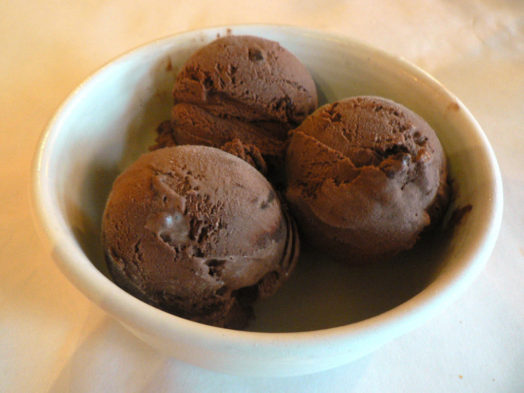If you’re trying to stick to a solid sleep regimen, caffeine can obviously make it hard to fall asleep and get a good night’s rest. But curbing your coffee and tea intake may not be the only steps necessary in ridding caffeine from your body. Since the FDA does not require food items to list caffeine content in the nutrition label, it can be hard to figure out if you’ve been unknowingly consuming it. Here’s a list of five surprising places where caffeine comes from:
1. Decaf Coffee
While decaf definitely has a significantly less amount of caffeine than regular coffee — which usually contains about 100 milligrams — many decaf coffees still contain up to 20 milligrams of coffee. If you’ve had more than one cup, it’s not surprising if you’ve been feeling the caffeinated effects.
2. Ice Cream
If you’re big on coffee or chocolate ice cream flavors for nighttime desserts, there’s a chance the caffeine in these flavors can be keeping you up. A scoop of chocolate ice cream can have as little as just 6 mg of caffeine, which isn’t much to keep you tossing and turning. Naturally flavored coffee ice cream can contain up to 80mg of caffeine–two scoops and you have yourself a full cup of joe.
3. Dark Chocolate
Chocolate itself has a small bit of caffeine content, but dark chocolate is especially high. Although dark chocolate contains a lot of antioxidants and, in moderation, can be a healthy dessert option, be careful not to munch right before bed. An average chocolate bar can contain about 30 mg of caffeine.
4. Pain Relievers
Since caffeine can help reduce headache pain, it’s no surprise that pills like Excedrin pack in 65mg of caffeine per pill. If you’re taking a couple pills before bed, stick to caffeine-free pills like Advil.
5. Weight Loss Pills
Caffeine is usually the staple ingredient in weight loss pills—especially interesting since caffeine has not been medically proven to reduce weight loss. Keep in mind, most diet pills have not been approved by the FDA, and can be known to produce side-effects like insomnia, acne, high blood pressure and increased heart rate. Take with caution!

